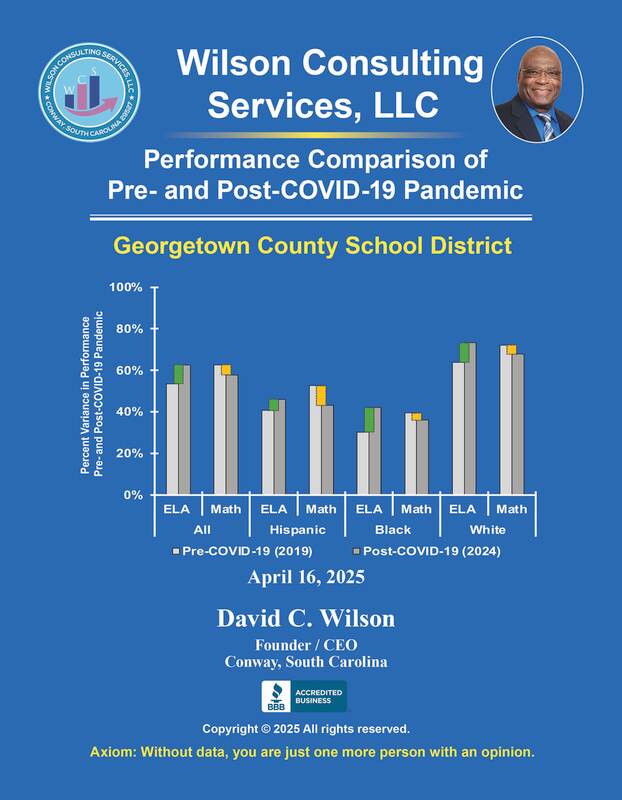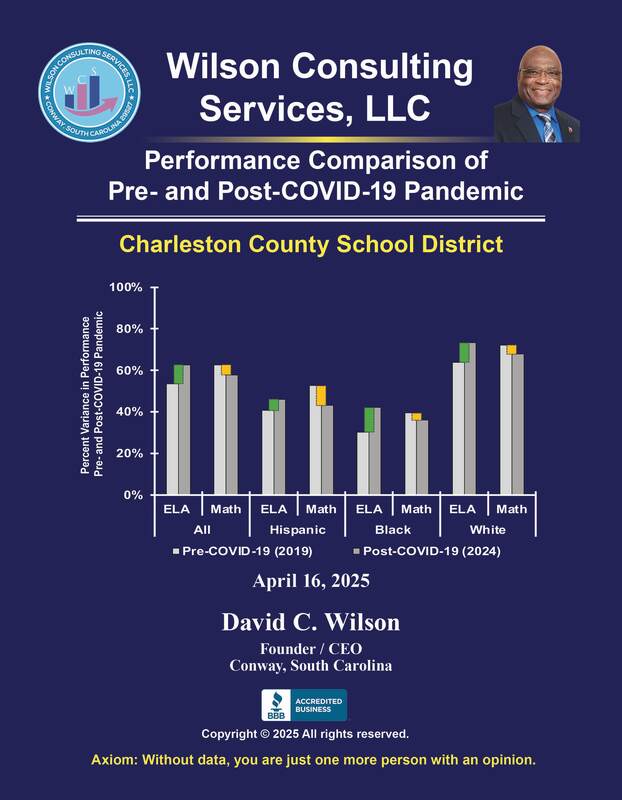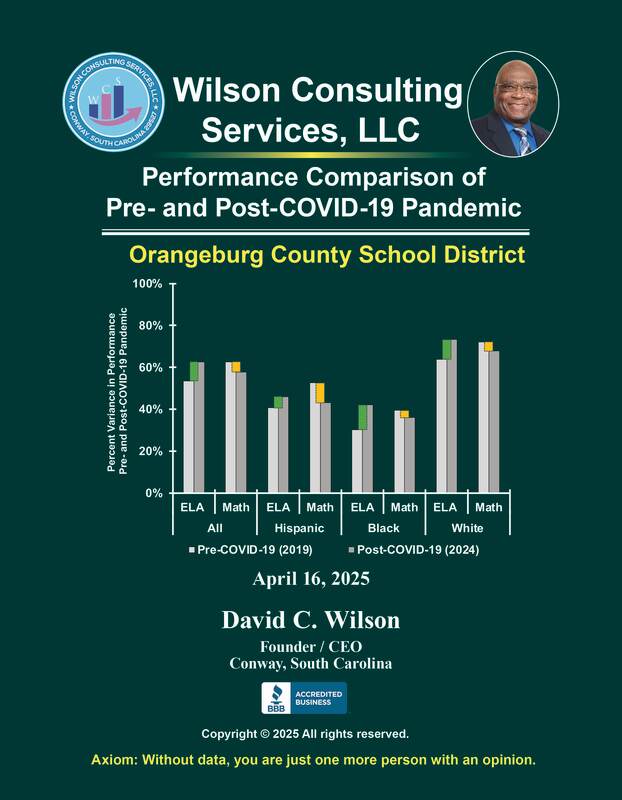I. Consulting in Mathematics and Statistics (Free)
The focus is on discipline and concepts in learning math rather than a lot of memory. In addition, techniques on how to unlearn negative behaviors developed over time about math being a very difficult subject. Many students say that they dislike mathematics starting in first grade, which is not based on any real reason. Other topics are, what a student needs to do to be successful in mathematics, the role of technology in mathematics education, and why math is much easier than it seems to be.
II. SAT/ACT/ACCUPLACER Tutorials in Test Preparation
III. Presentations to Student Groups (Free)
• Setting High Expectations and Striving for Excellence (approximately 30
minutes)
• Motivational Speech—Preparing for the Real World—video Chad Foster’s tape will
be shown and
discussed by facilitator (approximately 40 minutes)
• Careers in Engineering (grades 6 – 12, (approximately 50 minutes)
• Careers in Statistics (suitable for grades 6 – 12, and college students,
approximately one hour).
• STEM Careers - STEM stands for a cluster of careers in the fields of: Science,
Technology, Engineering
& Mathematics (approximately 50 minutes)
• Engineers Can do Anything, video by Celeste Baine
• Women in Engineering, video by Celeste Baine
IV. Workshop (Free)
Learned Behaviors and Your Challenge
This workshop will enable each student and adult to think about his or her behavior as an individual in everyday life as those behaviors affect life negatively, especially success in school. The five tenets of the workshop: 1) self-identification of bad behaviors, 2) self ranking of the magnitude that these behaviors will have on your success in school and life, 3) develop a corrective action plan, 4) start date when the plan is implemented; and 5) monitor your corrective action so that you are constantly measuring yourself against it.
V. Education Forum (Free)
The panel will consist of five people with various professional backgrounds. Each panelist will give a short introduction of him/her self to the audience, after which questions will be entertained from the audience.
VI. Links to digital educational related projects and
publications
1. McNeil Workshop Feedback Analysis
2. St. Paul Workshop Feedback Analysis
3. Education and Career Forum Analysis
4. Learned Behaviors and Your Challenge
6. News clippings on dated Activities Relative to Education
7. Khan Academy
8. Comparative Analysis of Race/Ethnicity Performance Patterns in South
Carolina/Horry County Schools
9. News Clipping—Horry County Schools
10. Profile of the South Carolina Student: Horry and Georgetown Public Schools
11. Poplar Training School (1940—1954): A High School for Black Students, Wampee,
South Carolina
12. Chestnut Consolidated High School: A Historic Perspective
13. STEM Workers: Shortage or Skill set Mismatch?
14. Public Schools in Horry County for African-Americans (1930—1970)
15. Comparative Analysis of Performance and Enrollment Patterns Among South
Carolina School Districts
16. HCS School Ratings
The focus is on discipline and concepts in learning math rather than a lot of memory. In addition, techniques on how to unlearn negative behaviors developed over time about math being a very difficult subject. Many students say that they dislike mathematics starting in first grade, which is not based on any real reason. Other topics are, what a student needs to do to be successful in mathematics, the role of technology in mathematics education, and why math is much easier than it seems to be.
II. SAT/ACT/ACCUPLACER Tutorials in Test Preparation
III. Presentations to Student Groups (Free)
• Setting High Expectations and Striving for Excellence (approximately 30
minutes)
• Motivational Speech—Preparing for the Real World—video Chad Foster’s tape will
be shown and
discussed by facilitator (approximately 40 minutes)
• Careers in Engineering (grades 6 – 12, (approximately 50 minutes)
• Careers in Statistics (suitable for grades 6 – 12, and college students,
approximately one hour).
• STEM Careers - STEM stands for a cluster of careers in the fields of: Science,
Technology, Engineering
& Mathematics (approximately 50 minutes)
• Engineers Can do Anything, video by Celeste Baine
• Women in Engineering, video by Celeste Baine
IV. Workshop (Free)
Learned Behaviors and Your Challenge
This workshop will enable each student and adult to think about his or her behavior as an individual in everyday life as those behaviors affect life negatively, especially success in school. The five tenets of the workshop: 1) self-identification of bad behaviors, 2) self ranking of the magnitude that these behaviors will have on your success in school and life, 3) develop a corrective action plan, 4) start date when the plan is implemented; and 5) monitor your corrective action so that you are constantly measuring yourself against it.
V. Education Forum (Free)
The panel will consist of five people with various professional backgrounds. Each panelist will give a short introduction of him/her self to the audience, after which questions will be entertained from the audience.
VI. Links to digital educational related projects and
publications
1. McNeil Workshop Feedback Analysis
2. St. Paul Workshop Feedback Analysis
3. Education and Career Forum Analysis
4. Learned Behaviors and Your Challenge
6. News clippings on dated Activities Relative to Education
7. Khan Academy
8. Comparative Analysis of Race/Ethnicity Performance Patterns in South
Carolina/Horry County Schools
9. News Clipping—Horry County Schools
10. Profile of the South Carolina Student: Horry and Georgetown Public Schools
11. Poplar Training School (1940—1954): A High School for Black Students, Wampee,
South Carolina
12. Chestnut Consolidated High School: A Historic Perspective
13. STEM Workers: Shortage or Skill set Mismatch?
14. Public Schools in Horry County for African-Americans (1930—1970)
15. Comparative Analysis of Performance and Enrollment Patterns Among South
Carolina School Districts
16. HCS School Ratings



















